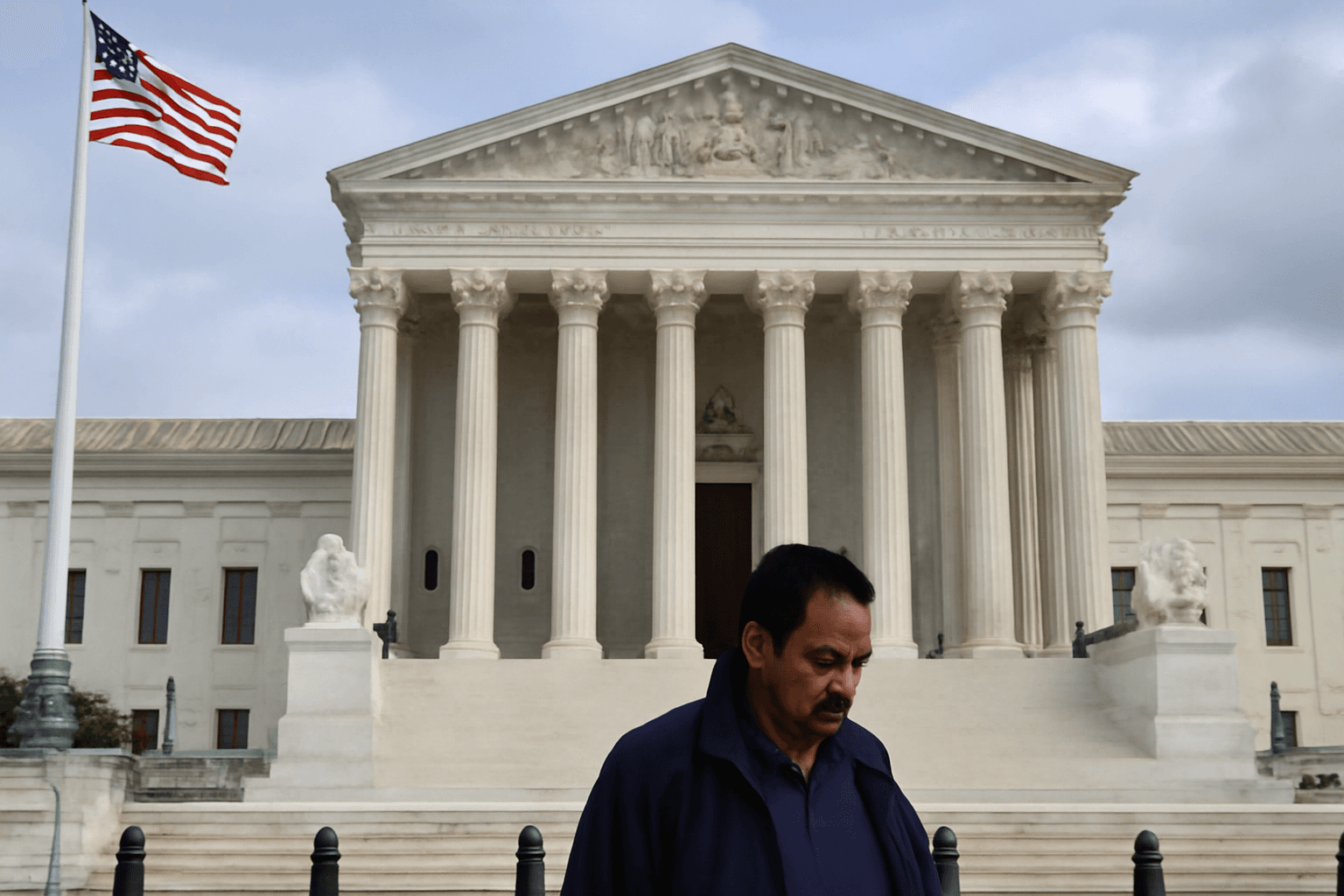London Court Convicts Man for Burning Quran at Turkish Consulate
A 50-year-old man was fined £240 ($325) after being found guilty of a religiously aggravated public order offence for burning a Quran outside the Turkish consulate in central London. The incident took place in February, during which the man shouted a derogatory phrase targeting Islam.
Details of the Incident
Hamit Coskun, who has Kurdish and Armenian heritage and resides in central England, was convicted at Westminster Magistrates' Court for disorderly conduct. During the demonstration, Coskun shouted "F*** Islam" while holding the burning Quran aloft near the consulate.
His legal representative argued that the prosecution was effectively a reinstatement of a blasphemy law abolished in England in 2008. Coskun denied the charges, stating his actions were a protest against the Turkish government. The protester was also physically assaulted by a man armed with a knife, who attacked, kicked, and spat at him during the incident.
Legal Ruling and Public Reaction
Judge John McGarva acknowledged that while burning a religious book can be offensive, it is not inherently disorderly conduct. However, the combination of the location, timing, and use of abusive language contributed to the conviction. The judge emphasized that the use of expletives directed at Islam was unnecessary and contributed to disorderly behavior.
The verdict has sparked controversy, with critics asserting that it signifies the return of a blasphemy law by the backdoor. The National Secular Society, which supported Coskun’s legal defense, described the ruling as a significant setback for freedom of expression. The main opposition party also condemned the decision, stating that Britain currently has no blasphemy laws and that this conviction effectively imposed one without parliamentary approval or public support.
Key Points:
- Defendant: Hamit Coskun, 50 years old
- Charge: Religiously aggravated public order offence
- Fine: £240 ($325)
- Incident Location: Outside the Turkish consulate in London
- Incident Date: February 2025
- Prosecution argument: Disorderly conduct due to abusive language and timing
- Defense argument: Protection of free expression and protest, claiming abolition of blasphemy laws
Implications for Freedom of Expression
This case highlights the delicate balance between protecting religious sensitivities and upholding freedom of speech. The debate surrounding the verdict suggests growing concerns over legal interpretations that may restrict expression under public order statutes, potentially reviving attitudes akin to blasphemy laws long removed from the statute books.
Authorities and advocacy groups continue to monitor the impact of this ruling on future protests and expressions of dissent involving religious subjects in the UK.














